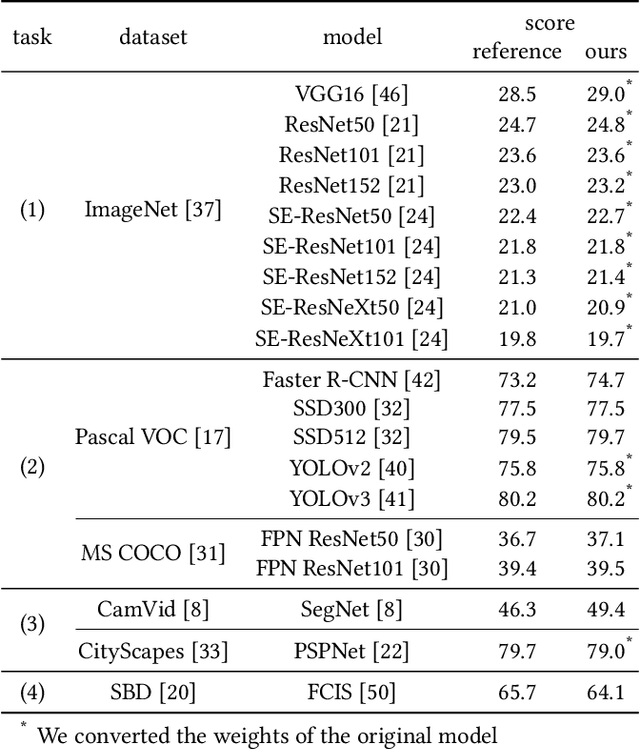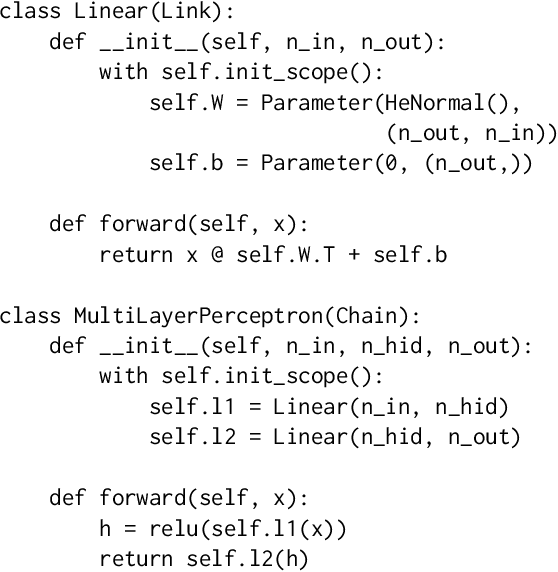Brian Vogel
Adaptive Loss Scaling for Mixed Precision Training
Oct 28, 2019



Abstract:Mixed precision training (MPT) is becoming a practical technique to improve the speed and energy efficiency of training deep neural networks by leveraging the fast hardware support for IEEE half-precision floating point that is available in existing GPUs. MPT is typically used in combination with a technique called loss scaling, that works by scaling up the loss value up before the start of backpropagation in order to minimize the impact of numerical underflow on training. Unfortunately, existing methods make this loss scale value a hyperparameter that needs to be tuned per-model, and a single scale cannot be adapted to different layers at different training stages. We introduce a loss scaling-based training method called adaptive loss scaling that makes MPT easier and more practical to use, by removing the need to tune a model-specific loss scale hyperparameter. We achieve this by introducing layer-wise loss scale values which are automatically computed during training to deal with underflow more effectively than existing methods. We present experimental results on a variety of networks and tasks that show our approach can shorten the time to convergence and improve accuracy compared to the existing state-of-the-art MPT and single-precision floating point
Chainer: A Deep Learning Framework for Accelerating the Research Cycle
Aug 01, 2019



Abstract:Software frameworks for neural networks play a key role in the development and application of deep learning methods. In this paper, we introduce the Chainer framework, which intends to provide a flexible, intuitive, and high performance means of implementing the full range of deep learning models needed by researchers and practitioners. Chainer provides acceleration using Graphics Processing Units with a familiar NumPy-like API through CuPy, supports general and dynamic models in Python through Define-by-Run, and also provides add-on packages for state-of-the-art computer vision models as well as distributed training.
 Add to Chrome
Add to Chrome Add to Firefox
Add to Firefox Add to Edge
Add to Edge